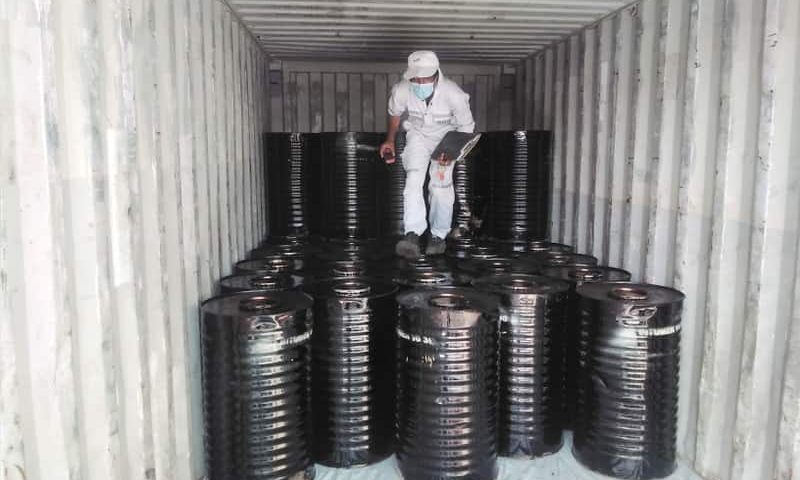As you may know, the global fluctuations affect the Wataniya bitumen bulk.
Therefore, we have decided to analyze the global oil market that has faced
the lowest demand since the outbreak of the coronavirus in the world’s economies in March 2020, forcing governments to reduce the spread of the
virus, resulting in the homelessness of millions. In fact, this has led to
declining demand for petroleum products such as gasoline, diesel,
and fuel oil in the world, mainly because of global quarantines and
declining land exports between countries. In other words, supply and
demand affect world oil prices in this strategic product.
Wataniya bitumen bulk and the global variables
It’s important to know that the world’s largest oil producers are
OPEC members, which hold 65 percent of the world’s oil reserves but account
for 40 percent of total crude oil production. As a matter of fact, the
largest non-OPEC producers include the United States, Russia, Brazil,
Mexico, Canada, Norway, Britain, China, Sudan and the Republic of Azerbaijan. Moreover, non-OPEC countries are working hard to increase production
and exports of this product, especially the United States, Brazil,
and Canada, which have changed from importers to exporters and
have also affected the markets of OPEC member countries.
Wataniya bitumen bulk and the price fluctuations
It’s important to know that the most important factors influencing oil prices
are the economic growth of countries such as China, the United States,
Europe, Japan, and India (US dollar index), the price of global gold,
supply and demand, OPEC decisions, and finally geopolitical risks. Even the amount of declared reserves of countries, especially major consumers of
crude oil, causes price fluctuations so that if the US Energy Information Administration publishes a negative and negative amount of oil
reserves, prices will rise.
To be more specific, Clashes in Libya between General Haftar and
Turkish-backed forces, occasional attacks by the Boko Haram terrorist
group in Nigeria, or statistics on the number of oilrigs operating in the
United States are direct risks to oil supplies that will also cause price fluctuations. Additionally in the future, the decision of the new US administration and
Joe Biden in the JCPOA agreement and the decision of the oil companies
active in the extraction of shale oil-based in Canada and the US will be
influential factors.
Factors determining world oil prices and their impact on refineries
As oil prices reach historic lows, they force oil giants to cut production
quotas to balance supply and demand. Following the announcement of
Donald Trump, the return of sanctions to the country took place and
the Iranian economy, which depends on oil exports,
suffered the most from imposing US sanctions.


